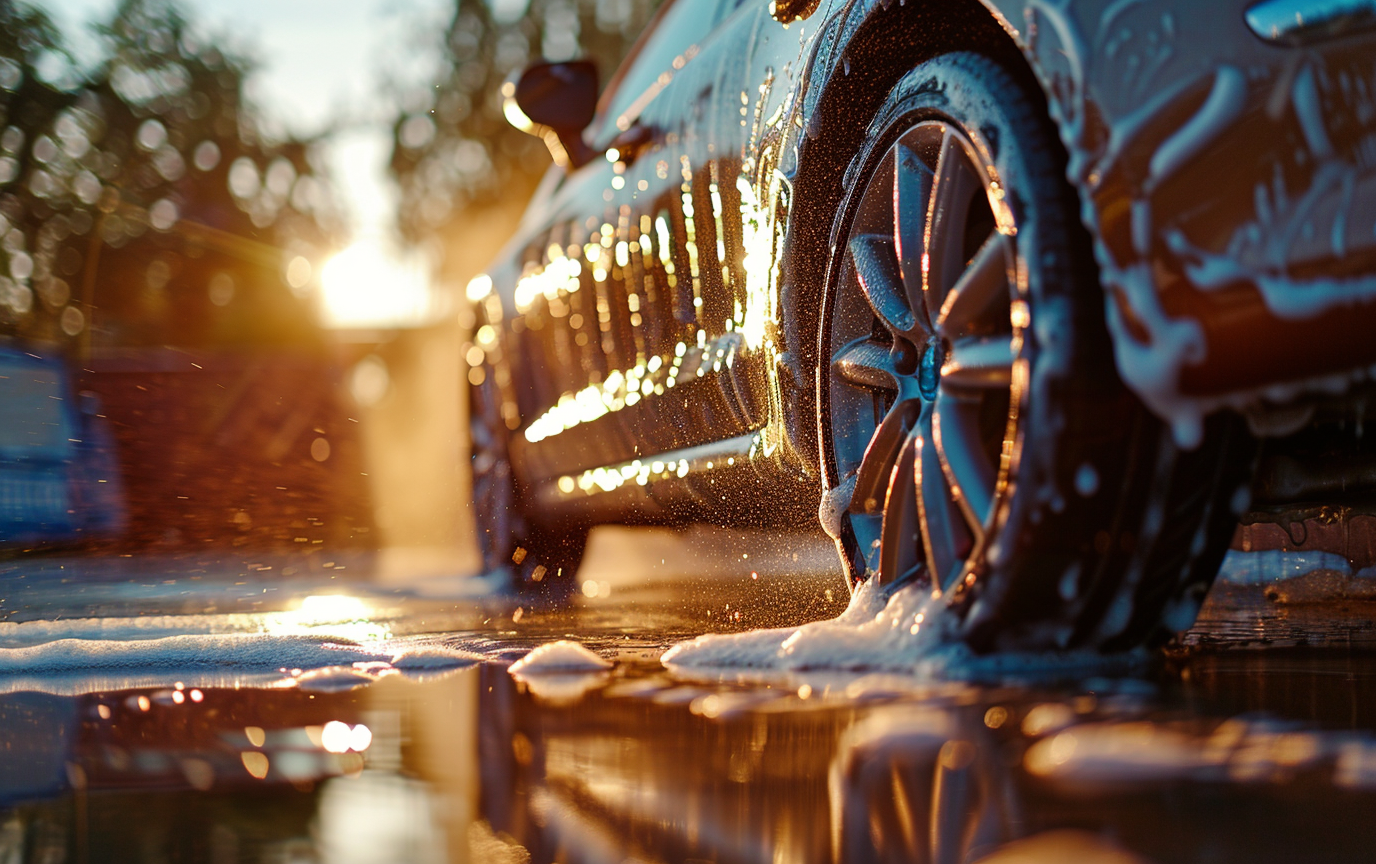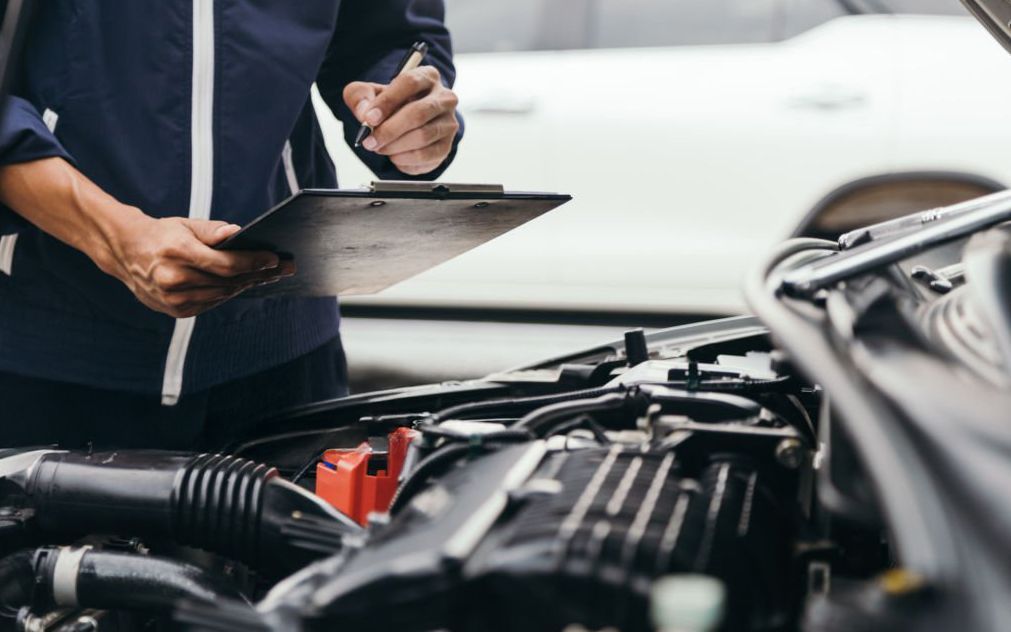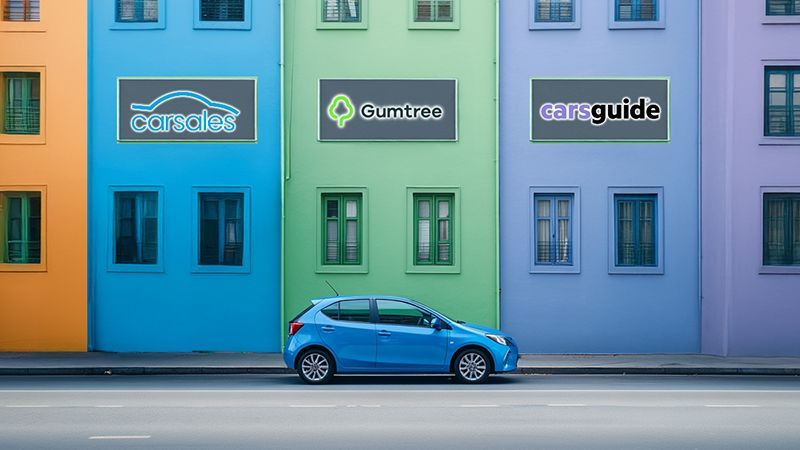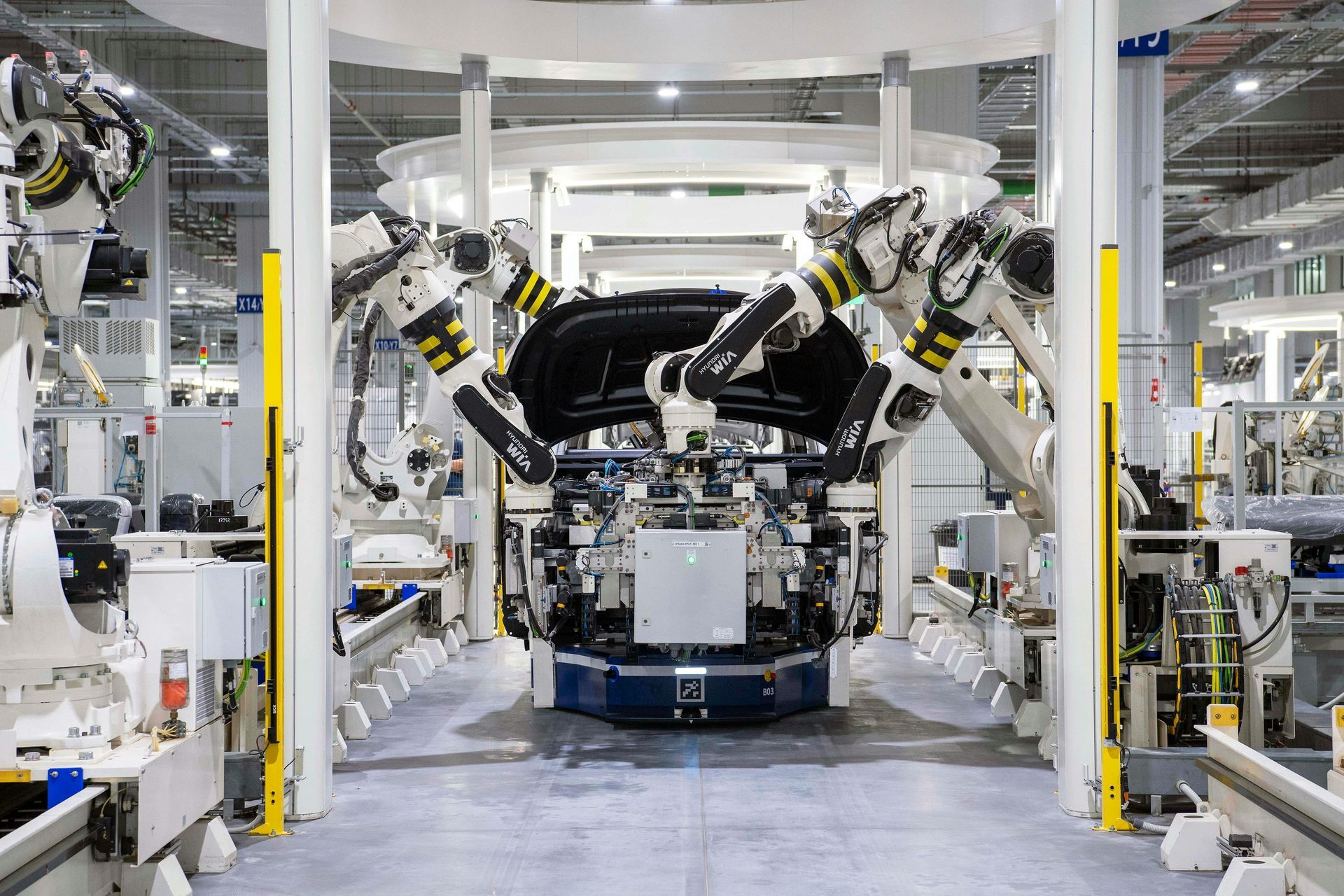10 Tips to Preserve the Value of Your Car
Maximise Your Vehicle's Resale Value with These Expert Tips

What's My Car Worth?
I get asked this multiple times a day and the answer is always changing. There's many factors which make up a vehicles value. Sure! The age, odometer, condition and service history are the big ones.. but quite a lot has to do with how much the buyer is willing to pay and less to do with how cars depreciate.
Whether it's the limited availability or they have just simply been looking to buy the right one for months. Am I saying I paid $200 more than retail for a new Sony PS5 because of FOMO? Yes, yes I am.
Here are 10 tips on how to maintain the value of your vehicle, giving you more money when it comes time to sell your car.
1. Regular Maintenance
Regular maintenance is key to preserving the value of your car. Keep up with routine oil changes, tyre rotations, and other recommended service intervals. Keep in mind the extra maintenance precautions in the summer months.
Continuing to service your vehicle with the manufacturer outside the warranty period may not seem important or worth the cost, but it can be reassuring to the buyer that you do care about car. And addressing minor issues as soon as they arise can prevent them from escalating into more costly repairs down the road.

2. Keep Detailed Records
Maintain a comprehensive record of all maintenance and repairs performed on your car. This documentation not only demonstrates that your vehicle has been well-maintained but also provides potential buyers with confidence in it's history and condition when it comes time to sell your vehicle.
Keep ahold of the purchase contract to display value, the service receipts provided including any warranty items and keeping the receipt for the tyres is great so you can show how long they have lasted you, complimenting your well-behaving driving.
3. Practice Safe Driving Habits
Safe driving not only protects you and others on the road but also helps preserve the value of your car. Avoiding aggressive driving behaviours such as speeding and hard braking is crucial, as these actions can significantly contribute to premature wear and tear on your vehicle:
- Speeding: Not only does it increase the risk of accidents but also puts unnecessary stress on your engine and brakes, leading to faster deterioration and higher maintenance costs.
- Hard braking:
Can cause excessive wear on brake pads and rotors, requiring more frequent replacements.
- Driving smoothly: And following the speed limits, you reduce the strain on your car's components, ensuring a longer lifespan and maintaining it's resale value.
Additionally, safe driving practices can improve fuel efficiency, saving you money on fuel over time. Ultimately, adopting a mindful and cautious approach to driving not only enhances safety but also preserves the longevity and value of your vehicle.
4. Protect the Exterior
Protecting your car's exterior from the elements is crucial to maintaining its appearance and value. Regularly washing and waxing your car removes dirt, grime, and other contaminants that can cause scratches and rust over time. Waxing adds a protective layer that shields the paint from UV rays, rain, and road salt, helping to prevent fading and oxidation.
Consider investing in a quality car cover. A car cover can provide an extra layer of protection against environmental hazards such as sun damage, bird droppings, tree sap, and dust.

5. Keep the Interior Clean
Protect your car's interior by regularly cleaning it to protect it. Every 3 months I can reach under my seat and refill a Medium McFries. Rather than reaching for baby wipes that could damage your interior, keep a container of Meguiars car interior wipes close by.
6. Avoid Modifications
Personalising your car with aftermarket modifications can be a fun way to make it uniquely yours. However, it's important to remember that not everyone may share your taste or appreciate the changes you've made. While some mods can enhance your car's appeal, going overboard with customisations can actually decrease its resale value.
If you do decide to make modifications, consider options that are easily reversible. Simple changes like custom rims, a new stereo system, or tasteful interior upgrades can often be appreciated by future buyers and are relatively easy to undo if necessary.
On the other hand, extreme alterations like custom paint jobs, extensive body kits, or performance modifications might turn off potential buyers who prefer a more stock appearance or who are concerned about reliability and insurance costs.

7. Stay Up To Date with Technology
Beyond software updates, consider aftermarket upgrades for in-car entertainment and navigation systems. These upgrades can be a relatively low-cost way to enhance your vehicle's functionality and attractiveness.
For example, upgrading to a modern infotainment system with features like Apple CarPlay, Android Auto, and a high-resolution touchscreen can significantly boost your car's appeal.
Such systems often include features like voice control, Bluetooth connectivity, and seamless smartphone integration, making the driving experience more enjoyable and convenient. These 6 tech gadgets will definitely add value to your ride.
Additionally, think about the impact of technology on safety features. Aftermarket options such as backup cameras, parking sensors, and dash cams are increasingly popular and can add value to your vehicle.
These features not only enhance your driving experience but also provide added security and peace of mind, which can be a strong selling point for potential buyers.
8. Choose Quality Replacement Parts:
When replacing worn or damaged parts, opt for high-quality, OEM (Original Equipment Manufacturer) or equivalent parts. While they may be slightly more expensive upfront, these parts are designed specifically for your vehicle and can help maintain it's performance and value.

9. Invest in Preventive Measures
Consider investing in preventive measures such as rustproofing and paint protection film to safeguard your car against corrosion and exterior damage. These measures can help extend the lifespan of your vehicle and preserve it's appearance.
Rustproofing involves applying a protective coating to the car's underbody and other vulnerable areas, which can prevent rust from forming and spreading. This is especially important if you live in areas with harsh weather conditions or where roads are frequently salted or you don't mind the odd weekend away on Double Island.
Rust can significantly impact the structural integrity and aesthetics of your vehicle, so taking steps to prevent it can save you from costly repairs down the line.
10. Knowing When to Sell Your Vehicle
Finally, knowing when to sell your car can significantly impact it's resale value. Keep an eye on market trends and consider selling when your vehicle is still in high demand and has relatively low mileage.
Typically, cars tend to retain more value when sold within the first five to seven years of ownership, especially if they have been well-maintained and have lower mileage.
- By selling at a time when the car is still in good running condition and doesn’t require significant work, you can attract more buyers and command a higher price.
- Additionally, consider seasonal factors and economic conditions that might affect car sales. For instance, selling a convertible in the spring or summer can yield better offers than during the winter months.
- Similarly, economic downturns can affect buyers' willingness to spend on big-ticket items, so staying informed about the market can help you choose the best time to sell.
Final Thoughts
For more detailed insights on maintaining your car's value and making informed decisions, check out our other blogs on what's needed to sell your car, selling a car under finance, selling a car without a RWC and what does a RWC cover. These resources can provide you with comprehensive information to ensure you get the most out of your car when it's time to sell.
What Will a Dealer Pay For My Car?
Recent Articles
What Can I Get For My Car Privately?
This tool will calculate a rough valuation of your vehicle if you were to sell it privately based on a standard depreciation schedule.

















